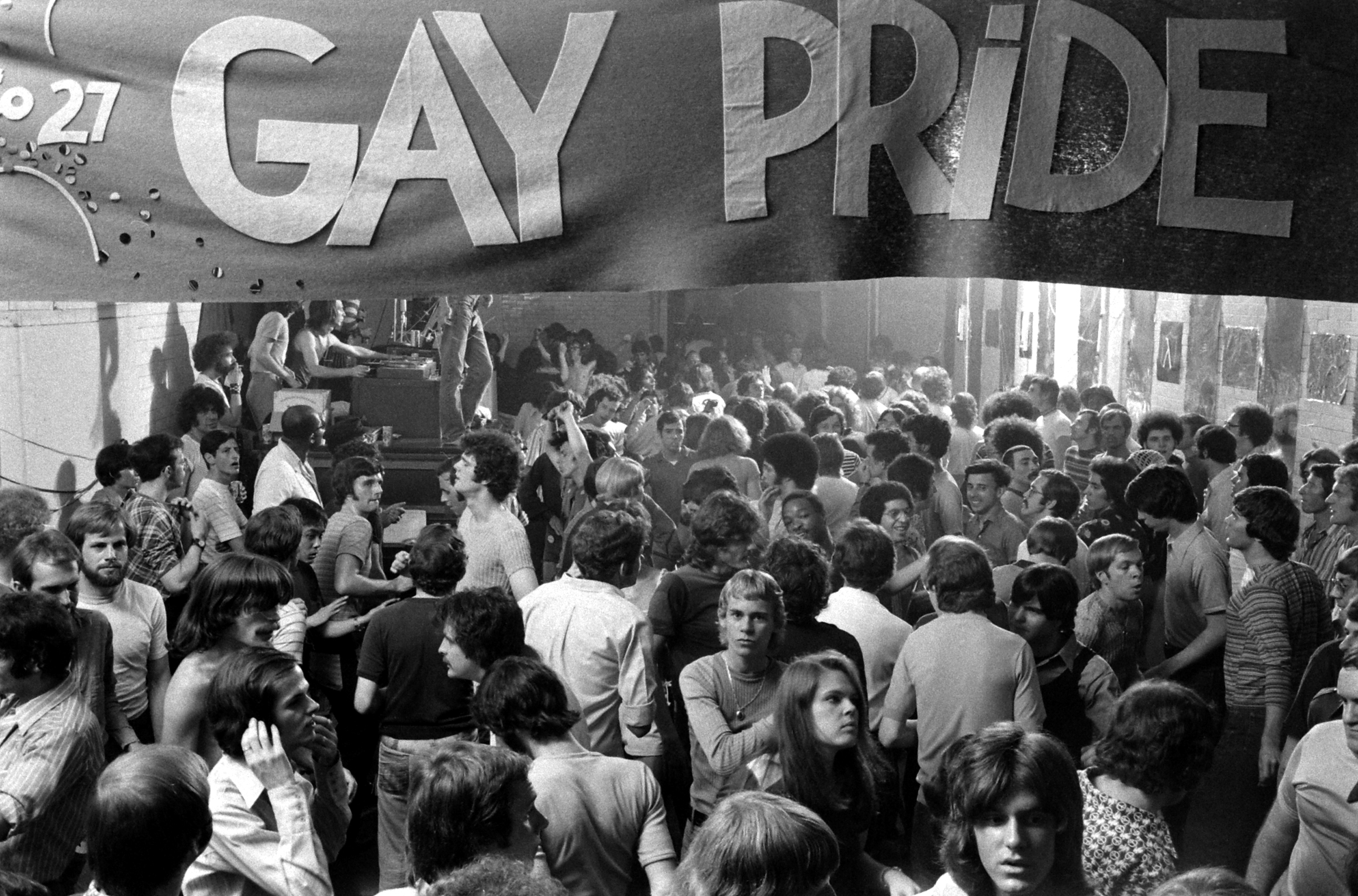
In late 1971, two years after the Stonewall riots in New York sparked the modern gay rights movement in America, and twelve months before LIFE ceased publishing as a weekly, the magazine featured an article on “gay liberation” that, encountered more than 40 years later, feels sensational, measured and somehow endearingly, deeply square all at the same time.
Titled “Homosexuals in Revolt” and touted as “a major essay on America’s newest militants,” the piece elicited strong reactions from readers—many of whom, of course, were less than happy that their beloved LIFE would devote a dozen pages to people whom one letter writer characterized as “psychic cripples.” Largely predictable responses from peeved readers that appeared in the Jan. 28, 1972, issue of LIFE included:
From Telford, Penn. — There was plenty to lament in your year-end issue, but the thing that struck me as most sad was the fact that LIFE felt compelled to devote 11 pages to “Homosexuals in Revolt.”
From Chicago — Essentially, it is absurd to accept as a mere “variant lifestyle” a practice which, if universal, would mean the end of the human race.
And, from Glendale, Calif., the old standby — “You shall not lie with a male as with a woman; it is an abomination.”
But there were also letters from readers praising LIFE’s “accuracy, fairness and dignified tone,” and one from a woman in New Jersey, Jule Lee, who was (in her words) “one of the oldest lesbian activists—both in age and years of participation in the movement.” She was outraged, she wrote, not only because the “Homosexuals in Revolt” article focused on what she called “LIFE-made ‘leaders’ [who] do not represent me and my age group,” but also because “out of ten picture pages . . . lesbians are mentioned on two. If this isn’t a new high in male chauvinism, I don’t know what is!”
[See TIME.com’s “Visual History of the Gay-Right Movement”]
For its part, LIFE introduced its 1971 feature in language that certainly feels more “Us vs. Them” than what we might see in a similar article today, but it’s also language that, all these years later, has about it a sense of an older world trying—really trying—to get a handle on the new:
It was the most shocking and, to most Americans, the most surprising liberation movement yet. Under the slogan “Out of the closets and into the streets,” thousands of homosexuals, male and female, were proudly confessing what they had long hidden. They were, moreover, moving into direct confrontation with conventional society. Their battle was far from won. But in 1971 militant homosexuals showed they they were prepared to fight it. . . . They resent what they consider to be savage discrimination against them on the basis of a preference which they did not choose and which they cannot — and do not want to — change. And while most will admit that “straight” society’s attitudes have caused them unhappiness, they respond to the charge that all homosexuals are guilt-ridden and miserable with the defiant rallying cry, “Gay is Good!”
LIFE.com remembers the early days of a movement that, incredibly, in the second decade of the 21st century, still occasionally has cause to take to the streets.
[Visit GreyVillet.com to see more of the photographer’s work]
Liz Ronk, who edited this gallery, is the Photo Editor for LIFE.com. Follow her on Twitter @lizabethronk.
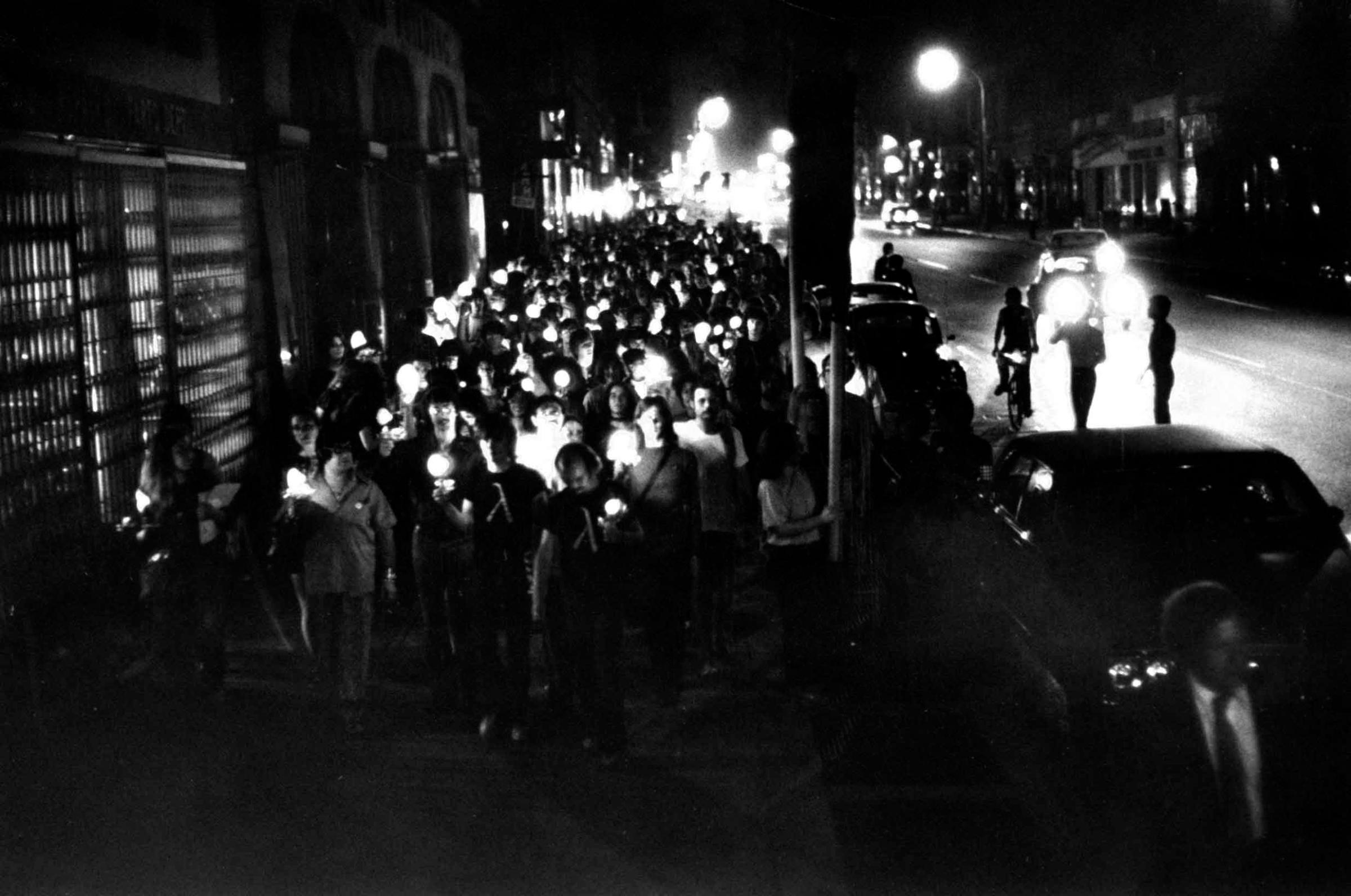
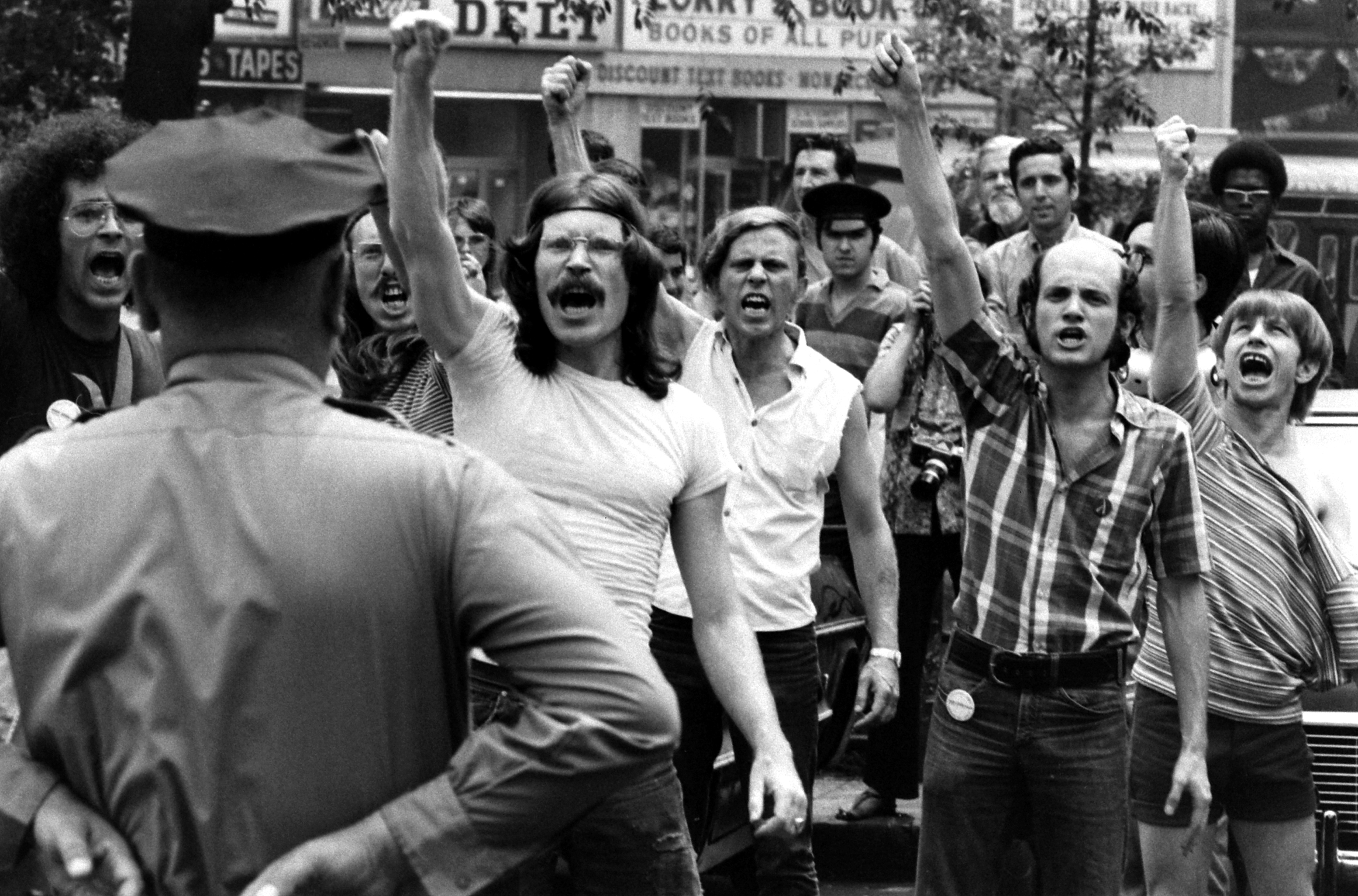
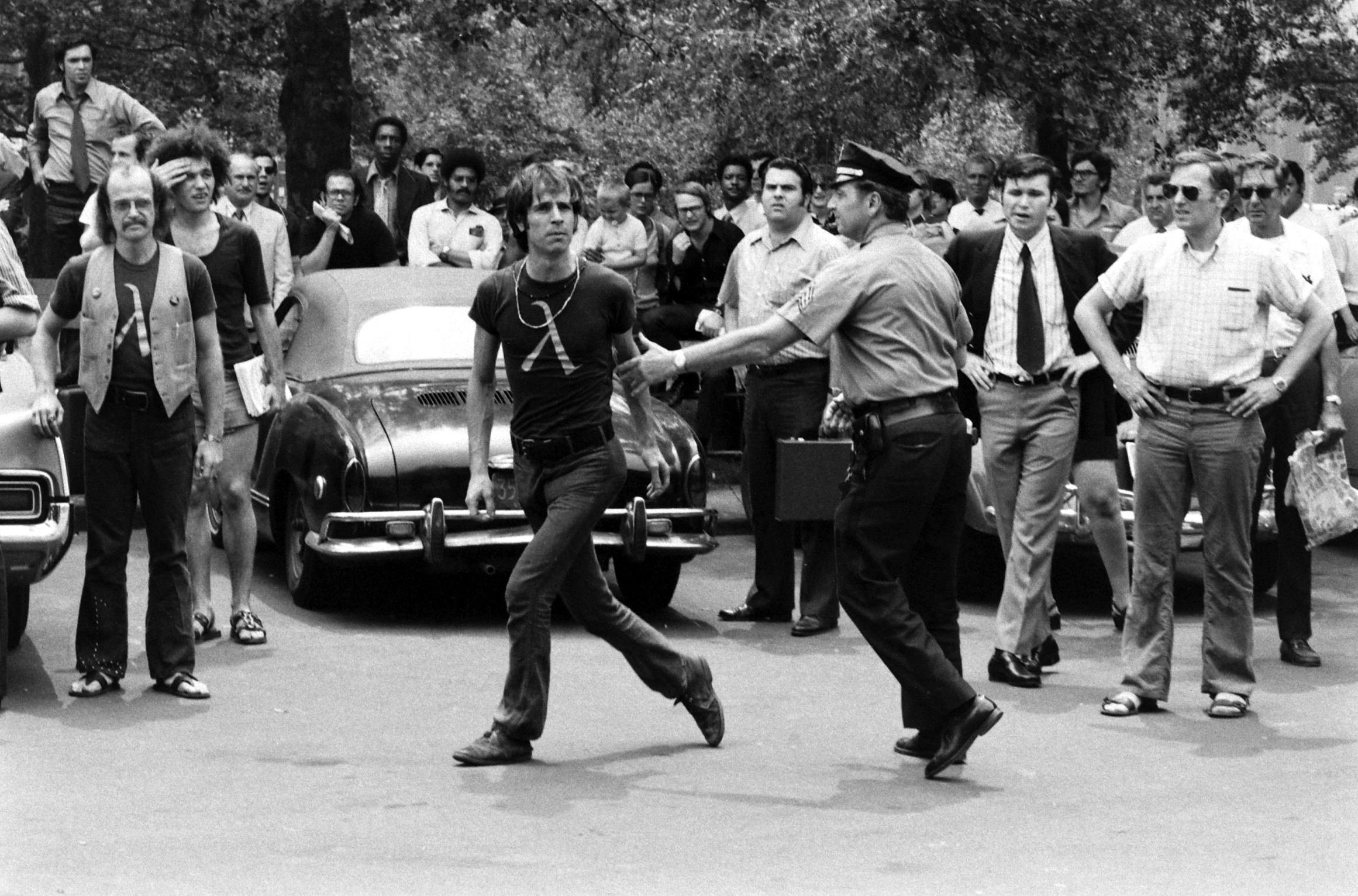
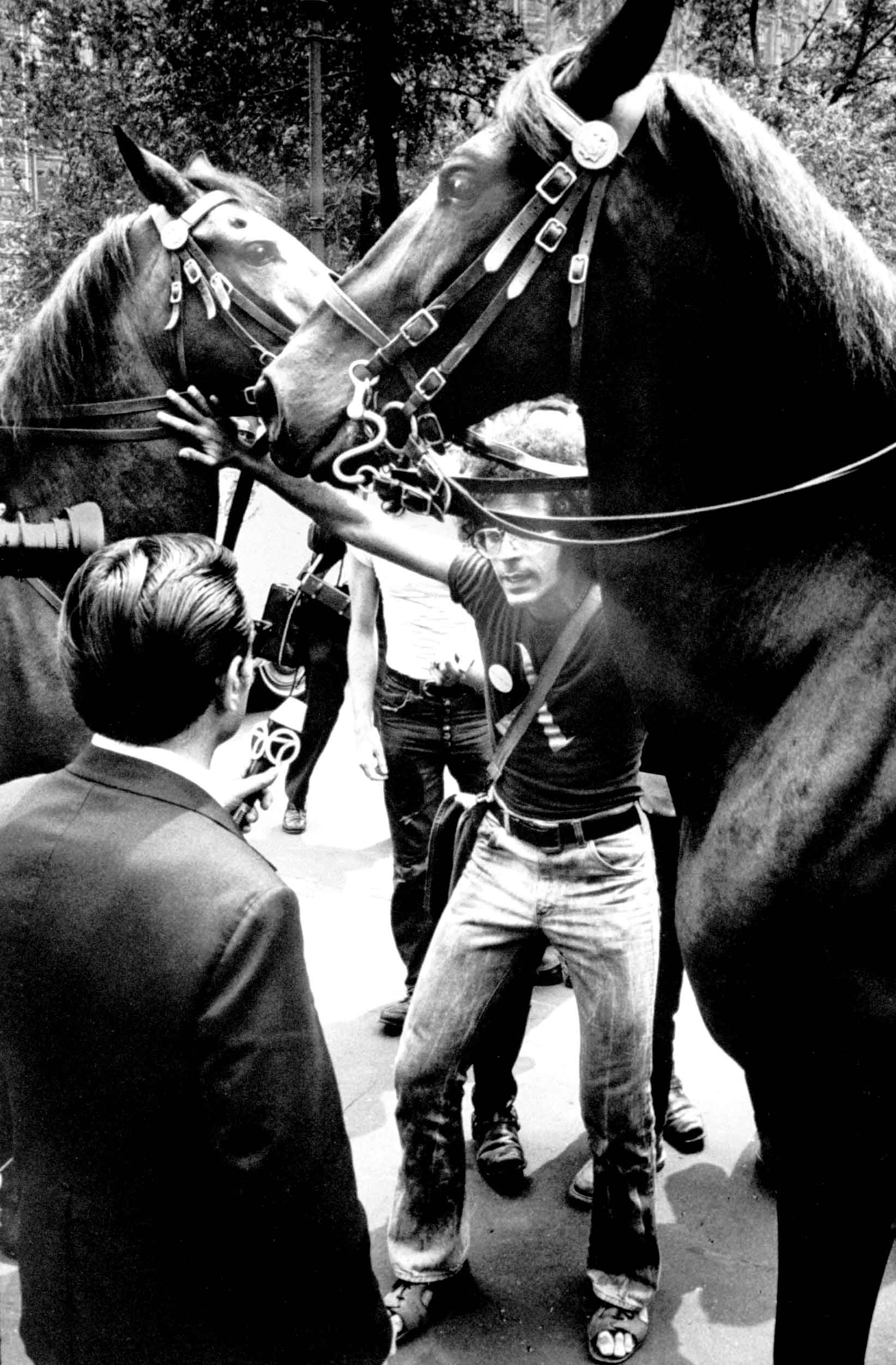
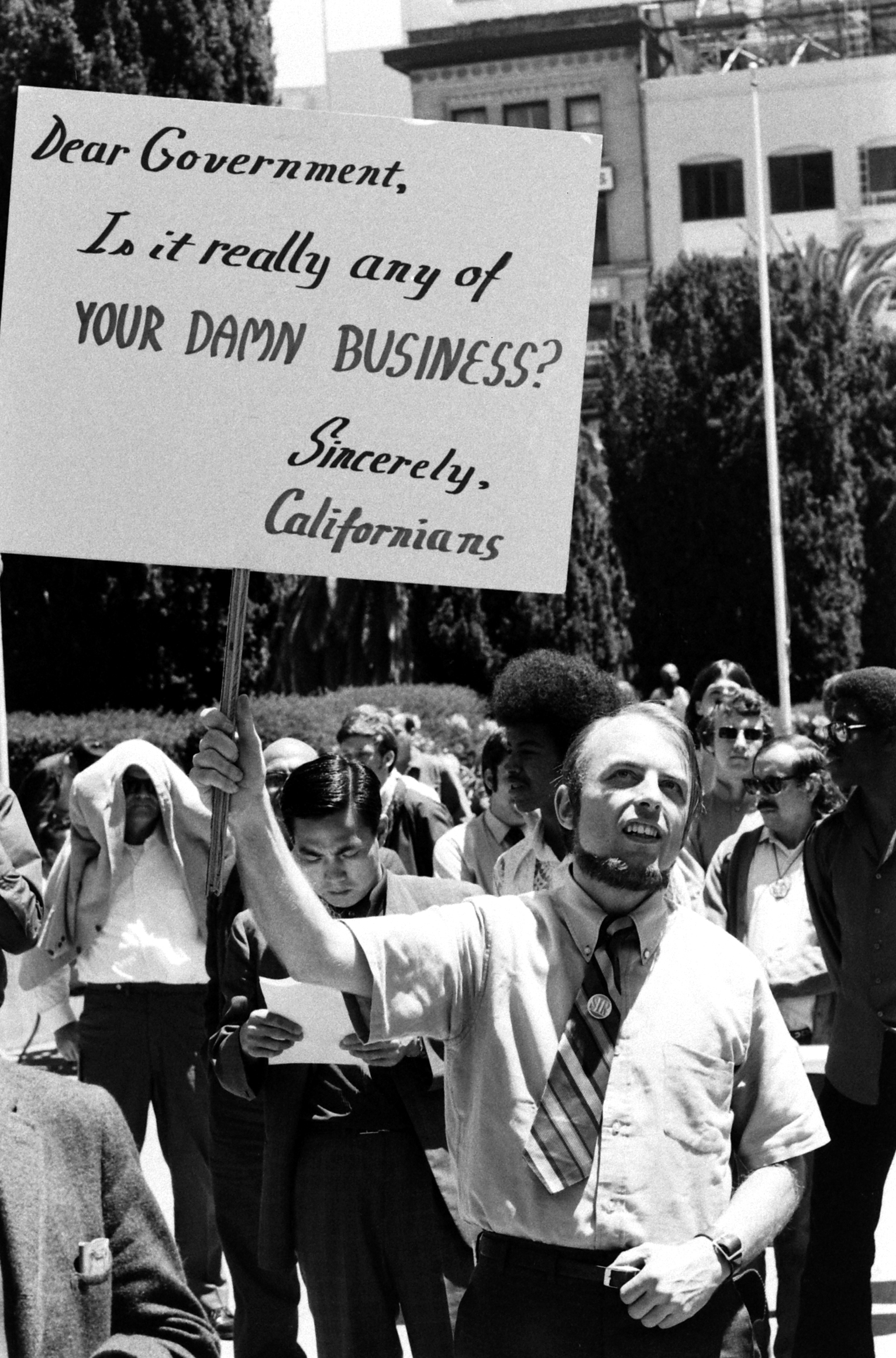
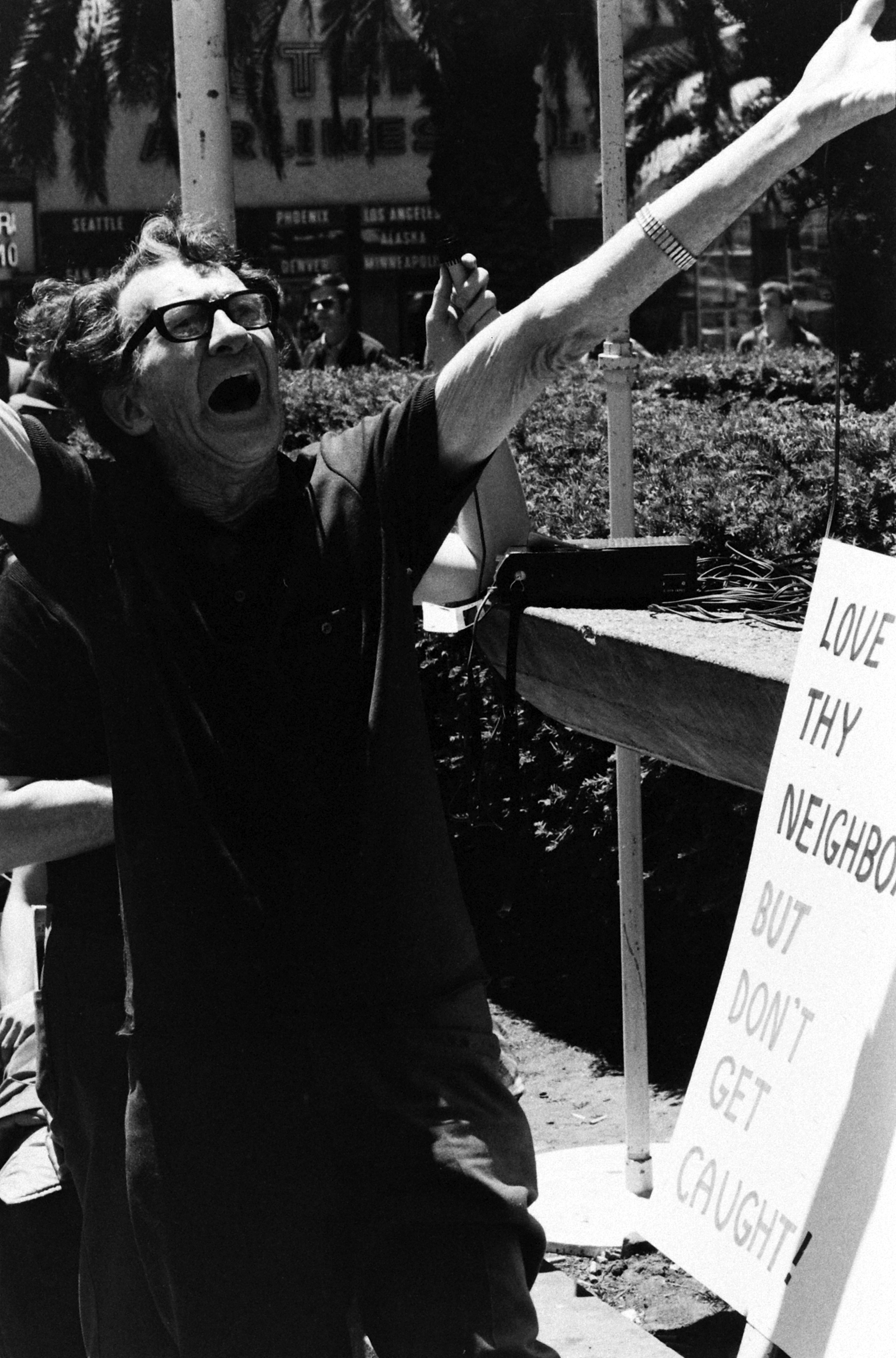
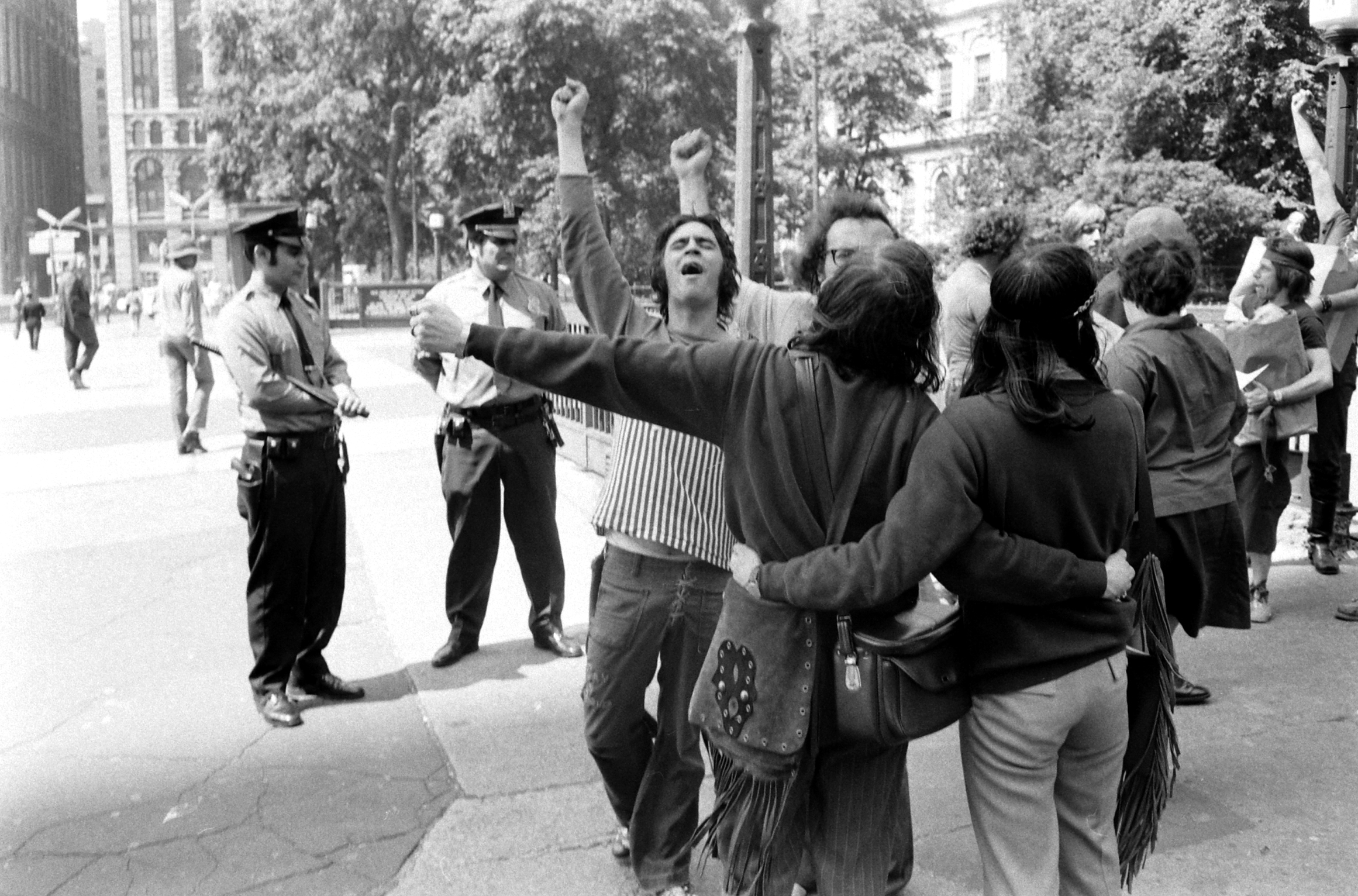
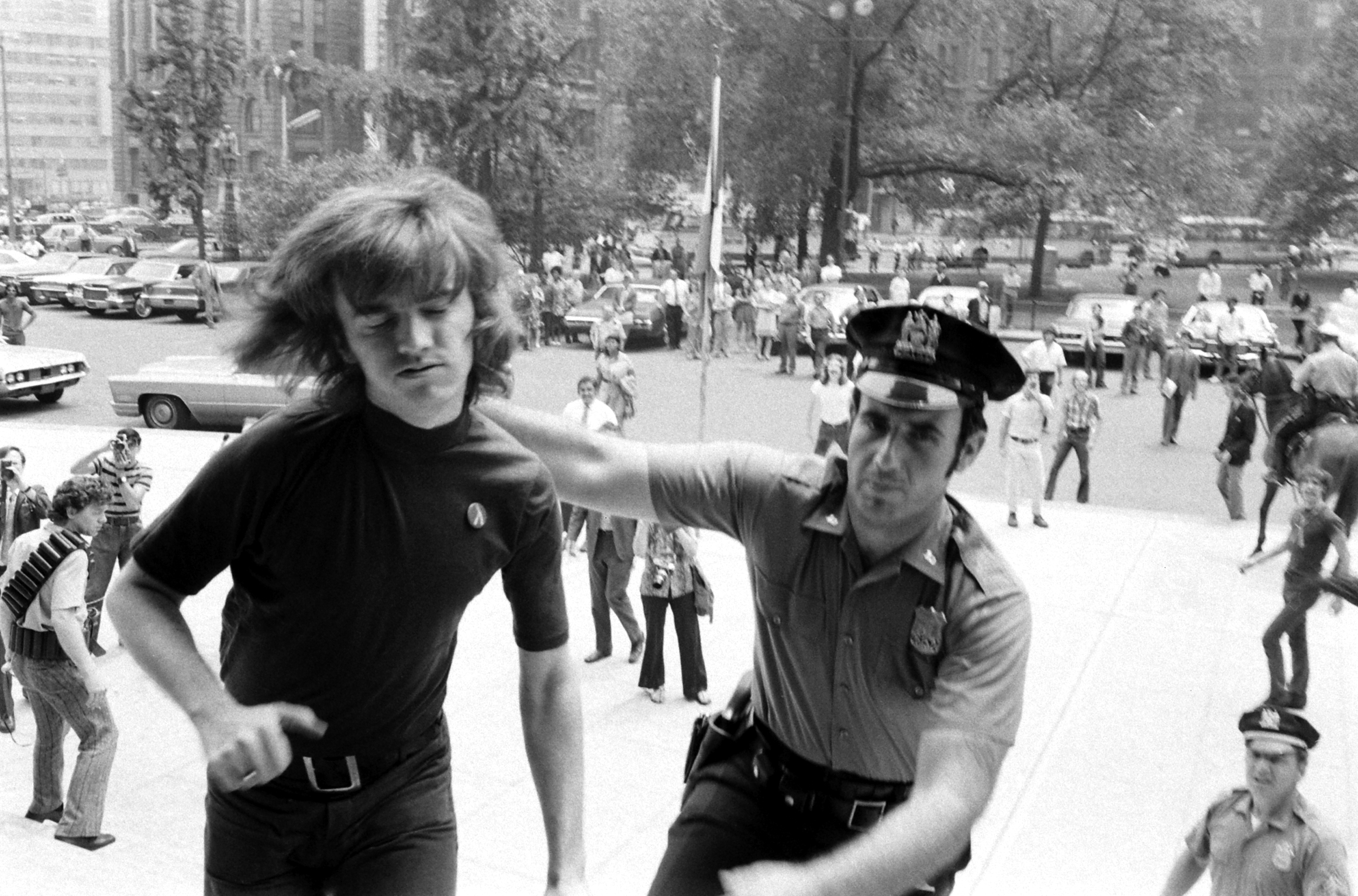
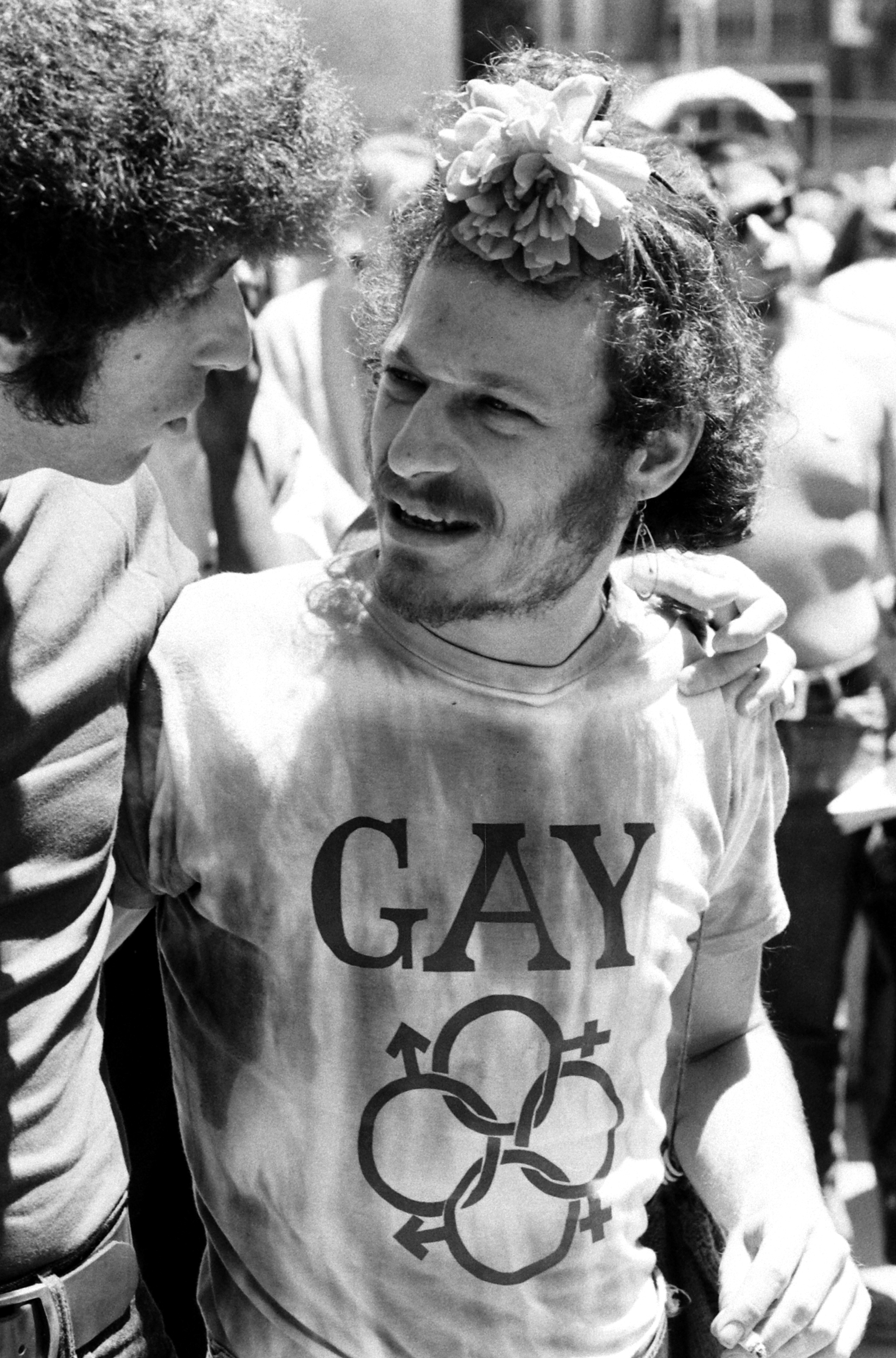
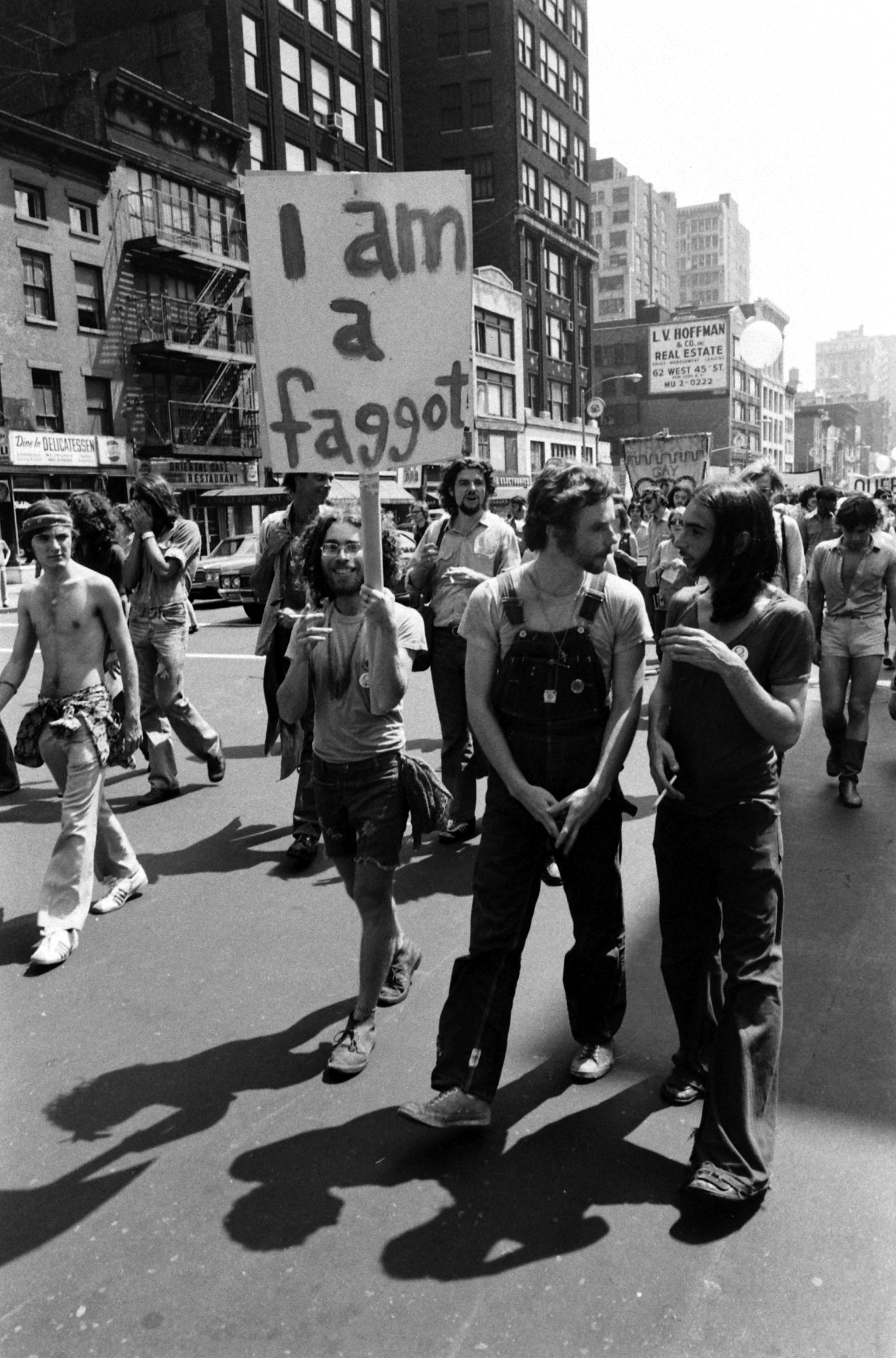
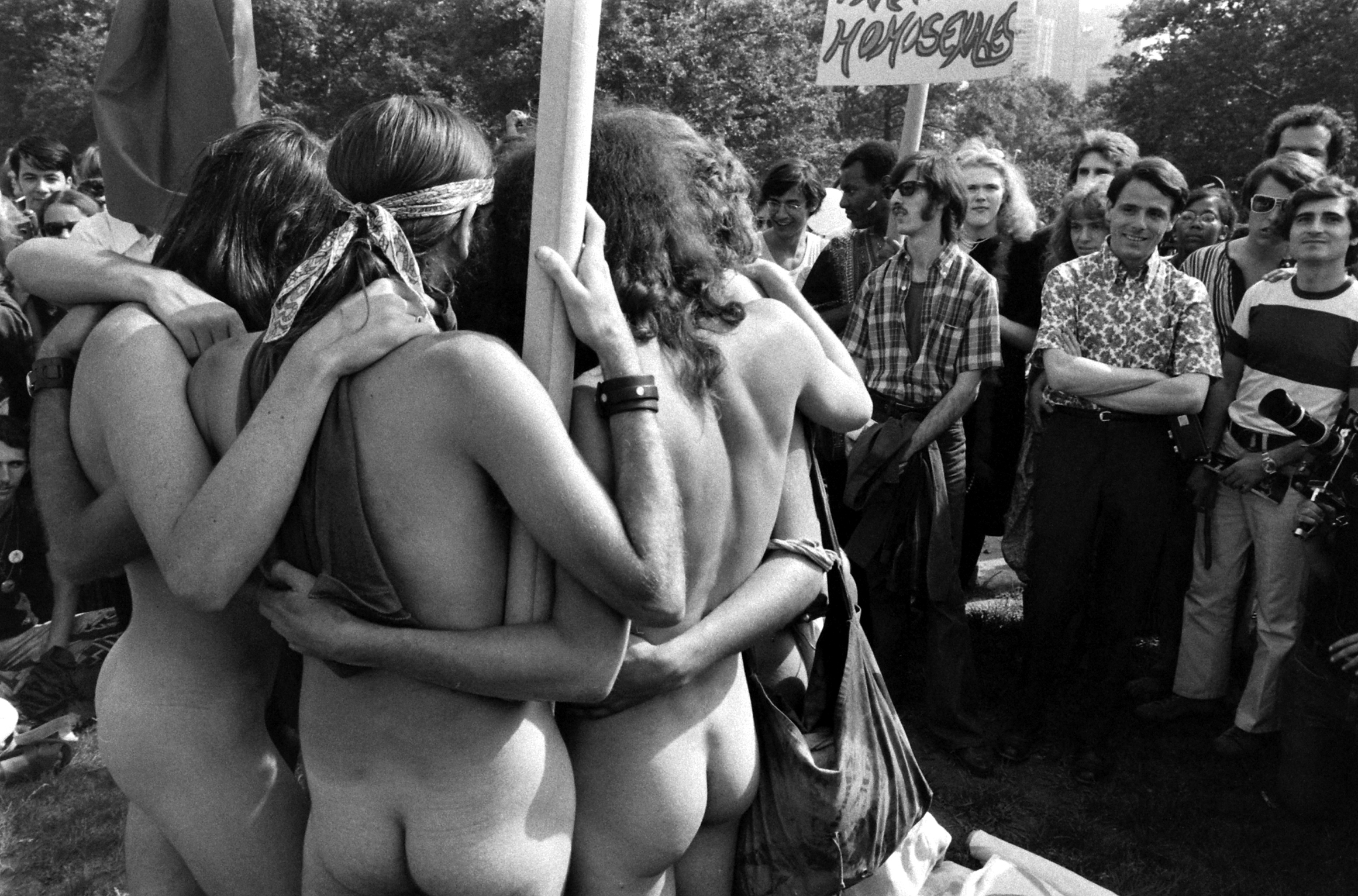
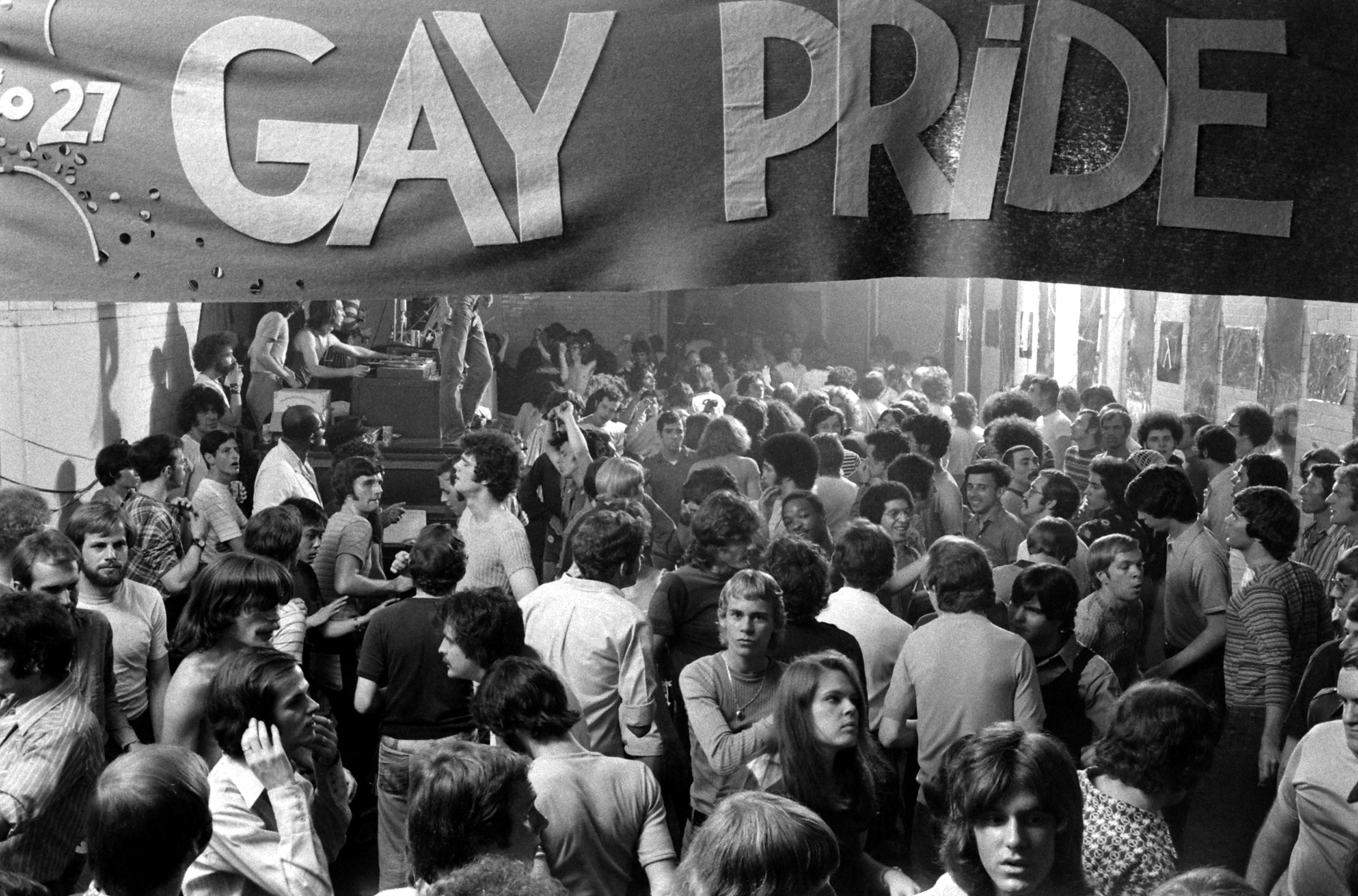
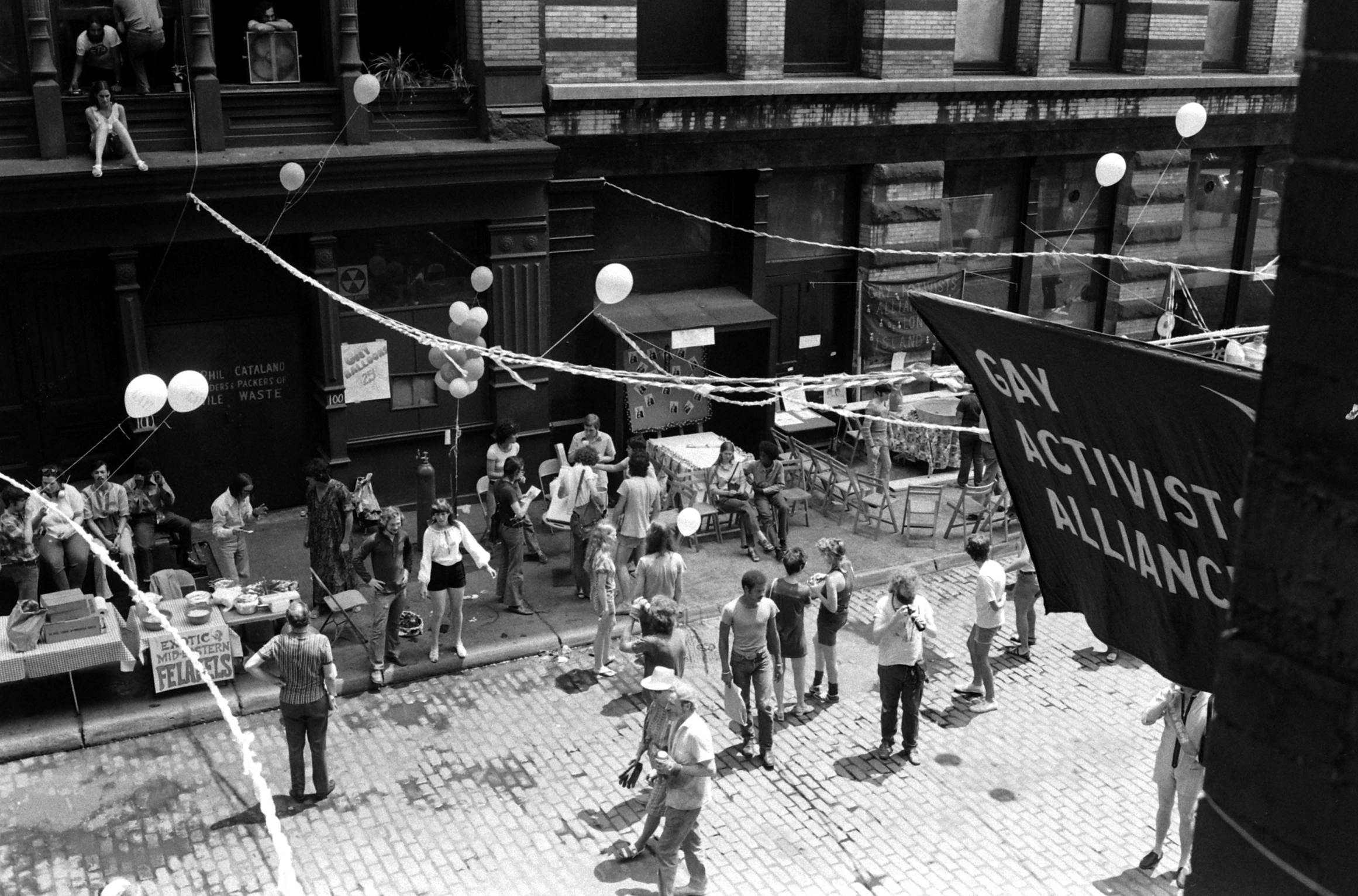
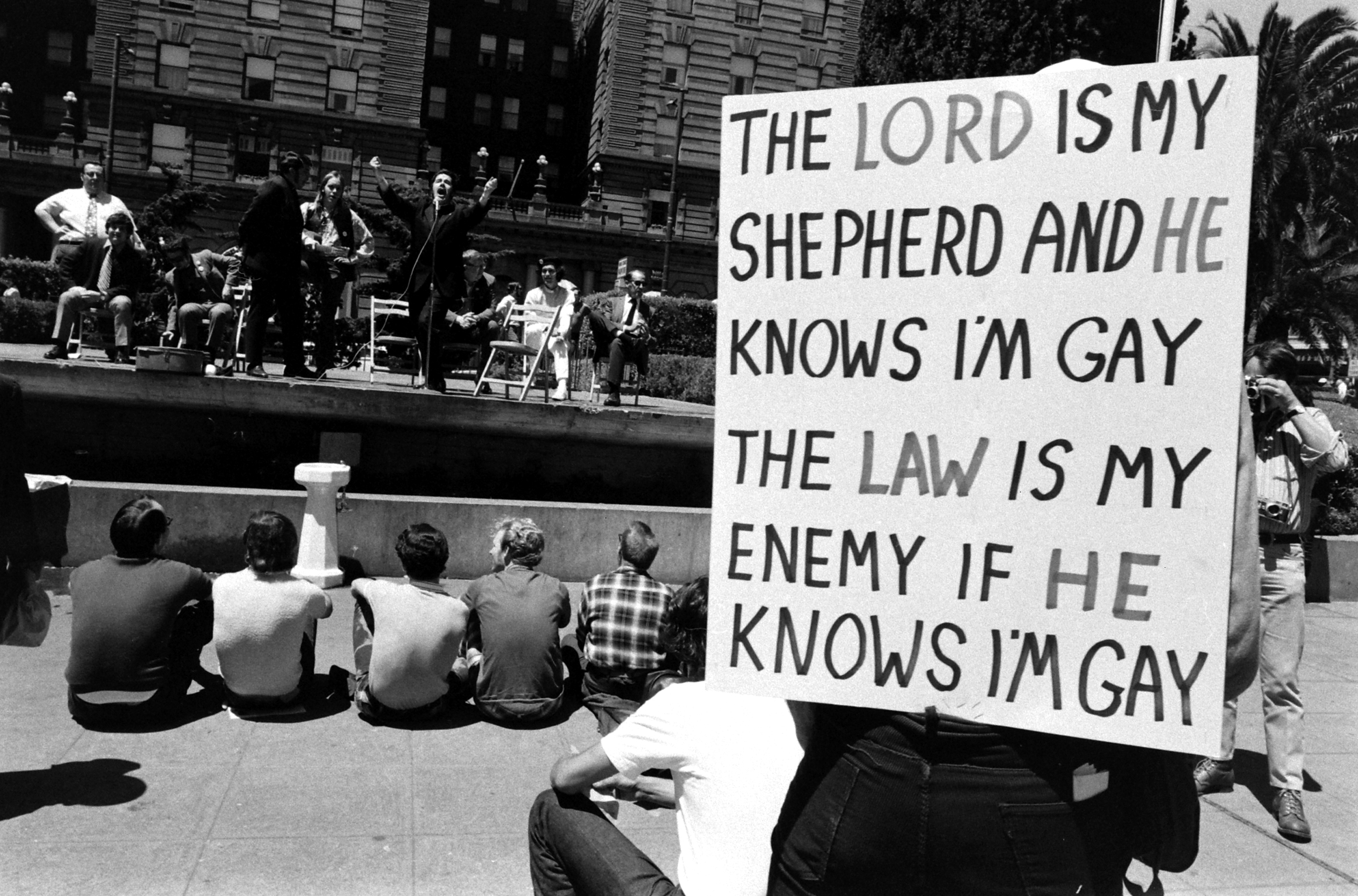
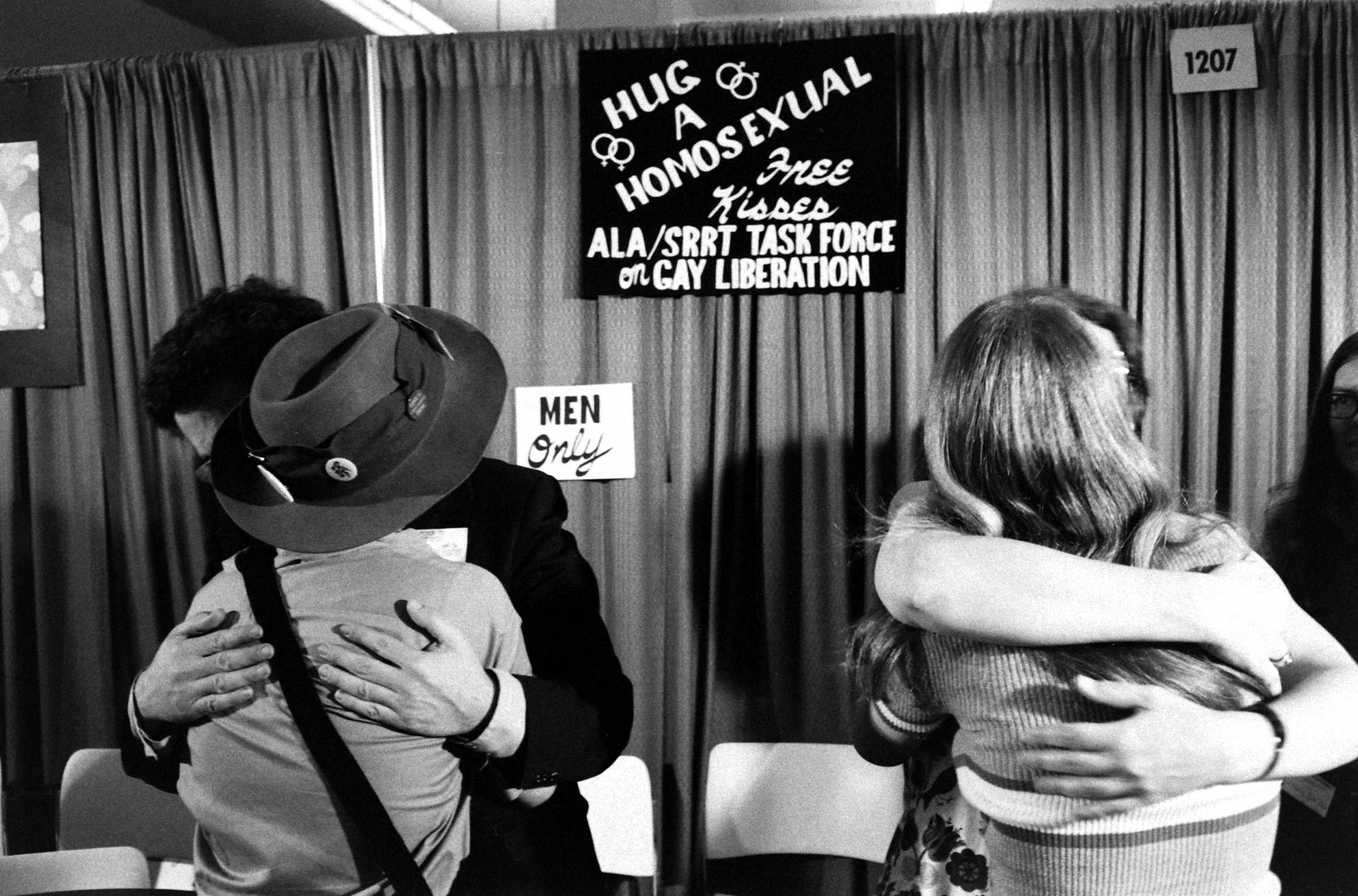
More Must-Reads from TIME
- Cybersecurity Experts Are Sounding the Alarm on DOGE
- Meet the 2025 Women of the Year
- The Harsh Truth About Disability Inclusion
- Why Do More Young Adults Have Cancer?
- Colman Domingo Leads With Radical Love
- How to Get Better at Doing Things Alone
- Michelle Zauner Stares Down the Darkness
Contact us at letters@time.com